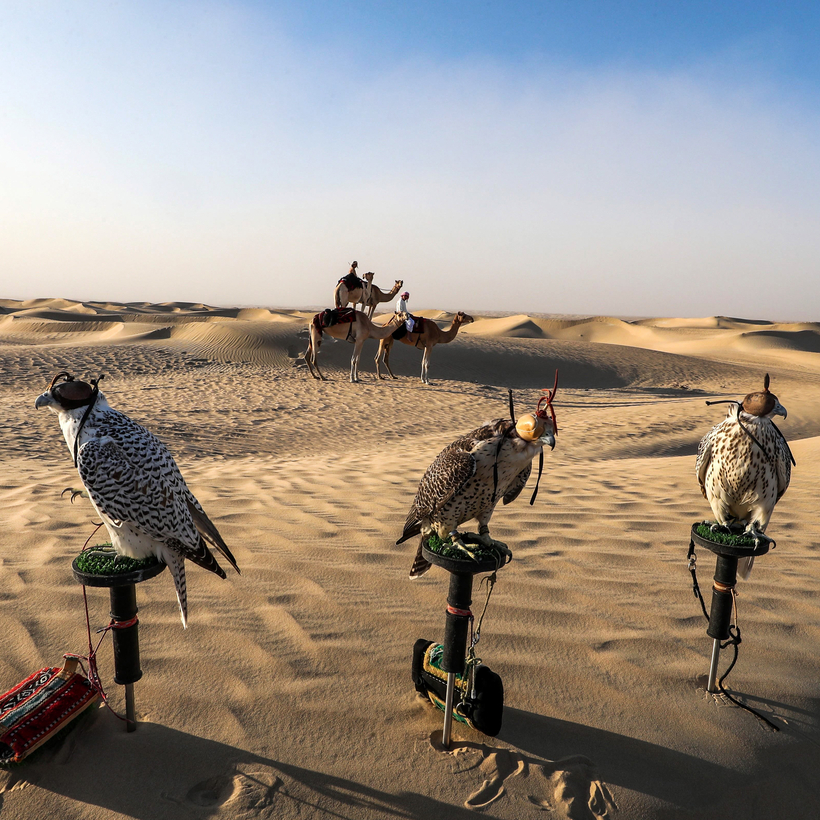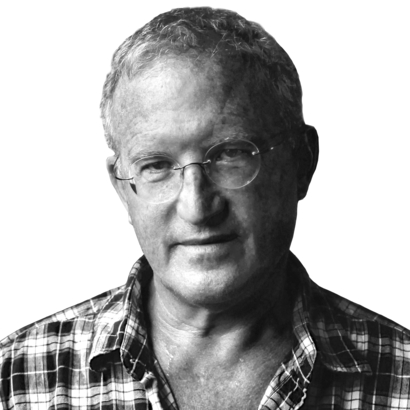The Falcon Thief: A True Tale of Adventure, Treachery, and the Hunt for the Perfect Bird by Joshua Hammer
In my newsroom days, when a reporter had one of those occasional stories that topped anything a novelist or screenwriter might invent, he was encouraged to “Get out of its way.”
That is, Just tell it. Nothing fancy required.


